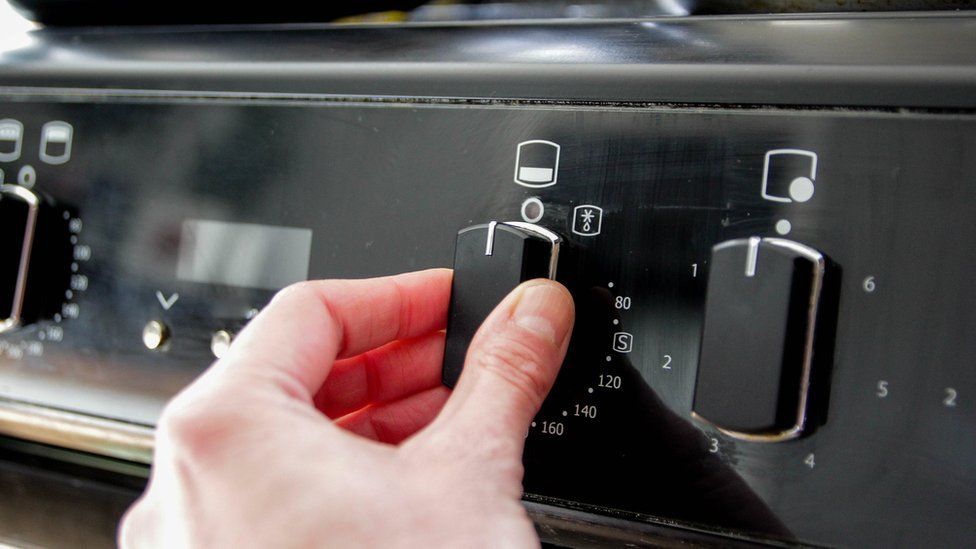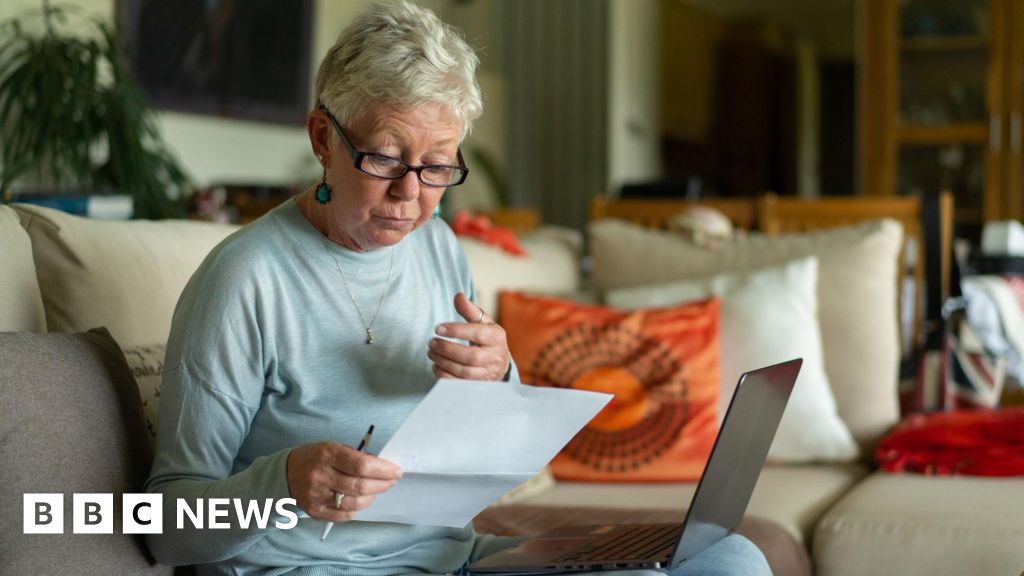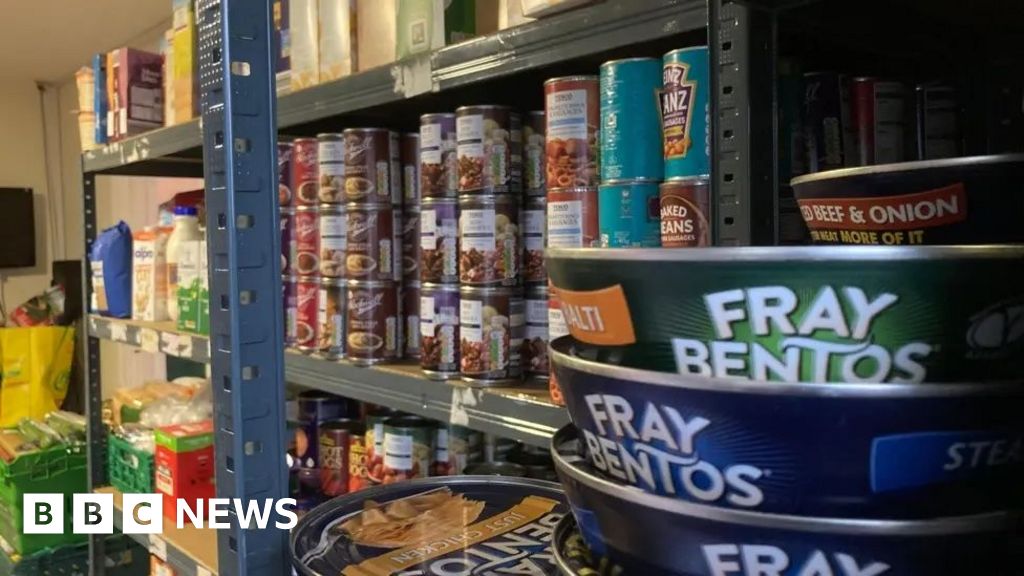ARTICLE AD BOX
 Image source, Getty Images
Image source, Getty Images
By Lucy Hooker
Business reporter, BBC News
One energy supplier is predicting households could earn around £100 over the winter through a scheme to reduce peak-time energy use.
Octopus Energy said it expects to pay on average £4 each time a customer responds to a request to cut back.
National Grid will announce full details of the scheme, which can be adopted by all energy suppliers, later this month.
The grid operator said some customers might get as much as £10 a day.
The cash incentive is to persuade people to wait until later on to run their washing machine, tumble dryer, or dishwasher, and to not charge their electric car if demand is already high.
The scheme, set to start next month and run until March 2023, aims to help the UK avoid blackouts, by reducing energy consumption at peak times.
On Thursday National Grid warned homes could face three-hour rolling blackouts, if the UK is unable to secure enough gas and electricity imports, as demand rises over the colder months.
The UK relies on gas to generate electricity, but the war in Ukraine has led to pressure on gas supplies across Europe.
Number Ten ruled out running a campaign being worked up by the business ministry to persuade households to consume less electricity.
But the National Grid is set to announce soon exactly how much it will pay per kilowatt hour for people cutting back when there is an acute shortfall in supply.
"Instead of cutting off whole chunks of the country if we are short of gas, we can reward people for using less energy at times of peak demand," Octopus chief executive Greg Jackson said.
The payback service will be available to homes that have smart meters installed, as long as their supplier is taking part in the scheme. There are about 14 million households with electricity smart meters in the UK.
Octopus Energy, which ran a trial of the scheme earlier this year, said there could be 25 days over the next six months when National Grid was willing to pay households to reduce their use.
Customers who managed to cut back compared to their recent average electricity consumption would be rewarded with a payment, likely to be between £3 and £6 per kilowatt hour saved, it said.
The compensation rate was likely to be set higher on days when the energy shortfall was particularly severe, the firm said.
During Octopus' trial in February and March customers saved an average of 0.7 kilowatt hours, but were receiving much lower financial compensation, the firm said.
Under the National Grid-backed scheme, customers, including businesses, will receive an email or text a day ahead, outlining the time slot when they would be paid if they reduce their energy use, usually between 1600 and 1900.

 2 years ago
40
2 years ago
40








 English (US) ·
English (US) ·